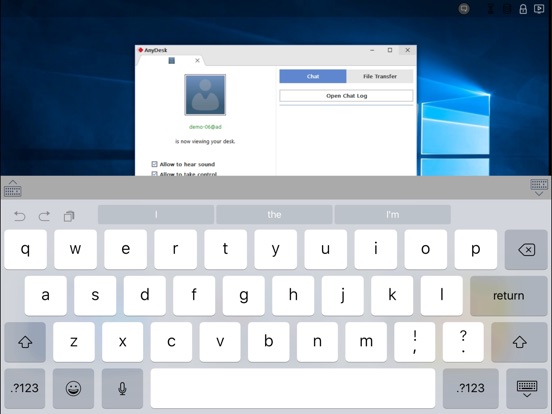

The have things like fake popups that will give a free number to call, they claim to be Microsoft certified technicians, and once remotely connected to a victims PC they will run several windows commands. Well cold calling is just one method these scammers use Re: Latest BT scam calls use Anydesk freeware Of course nobody would suggest that there could be any connection between the many BT scams from India and BT's call centre and data processing units in India. What's really nasty is that all three subscribers had recently received genuine emails from the genuine BT, advising that their email database may have been hacked and warning that all passwords should be changed. Fortunately our friends remembered our warnings and disconnected before malware could be installed, but the experience has been upsetting for them. 'Support' assured them that this action would ensure their safety particularly if they used internet banking … you can guess the rest. 'BT support' would fix this provided the subscriber clicked their link to install Anydesk. In each case the subscribers, all elderly people, received a phone call from callers with Indian accents, claiming to be 'BT Support' and warning of malware on their computer. Once downloaded, “AnyDesk” generates a 9-digit app code on the user’s device and calls the cybercriminals and asks the user for the code in the name of the bank.Following recent TBB posts regarding fraudulent phone calls “from BT” our community groups have notified three scams based on the Anydesk remote computer freeware and targeting BT BB and phone customers during the past 10 days. RBI notice said it had sent a similar advisory last month. Reports say the RBI alert also applies to all other forms of mobile payments, not just the UPI. However, when the permission is granted by a user, AnyDesk app allegedly steals confidential data on the phone to carry out fraudulent transactions through other payments app available on the phone. It said that once the app is downloaded on a mobile phone, it seeks permission to access control of the phone like other applications.

The alert was issued by the RBI’s cybersecurity and IT examination cell. In the notice, the central bank informed the commercial lenders that a mobile app named “AnyDesk” was being allegedly used to target the mobile phones of customers. RBI said that the cautionary notice was issued in the wake of rising number of fraud using the UPI paltform. On February 14, the RBI alerted banks about potential fraudulent transactions on the unified payments interface (UPI) platform. “AnyDesk” is a software that can do transactions from your bank account through your mobile or laptop. Reserve Bank of India (RBI) has issued a warning in this regard. After downloading this app, your bank account may become empty within minutes. If you are suggested to download an app called “AnyDesk” through social media or any other channel then do not do this.


 0 kommentar(er)
0 kommentar(er)
